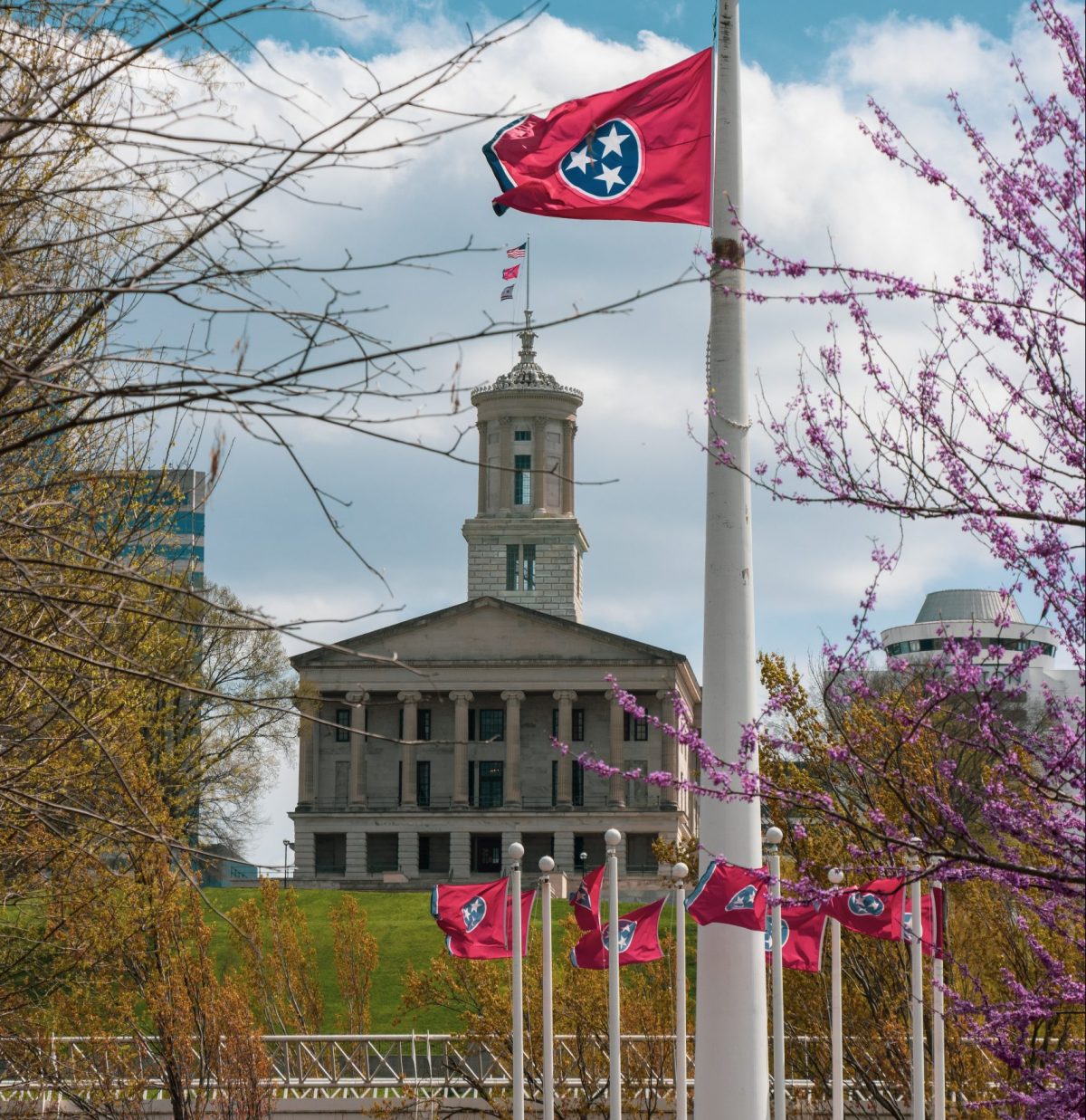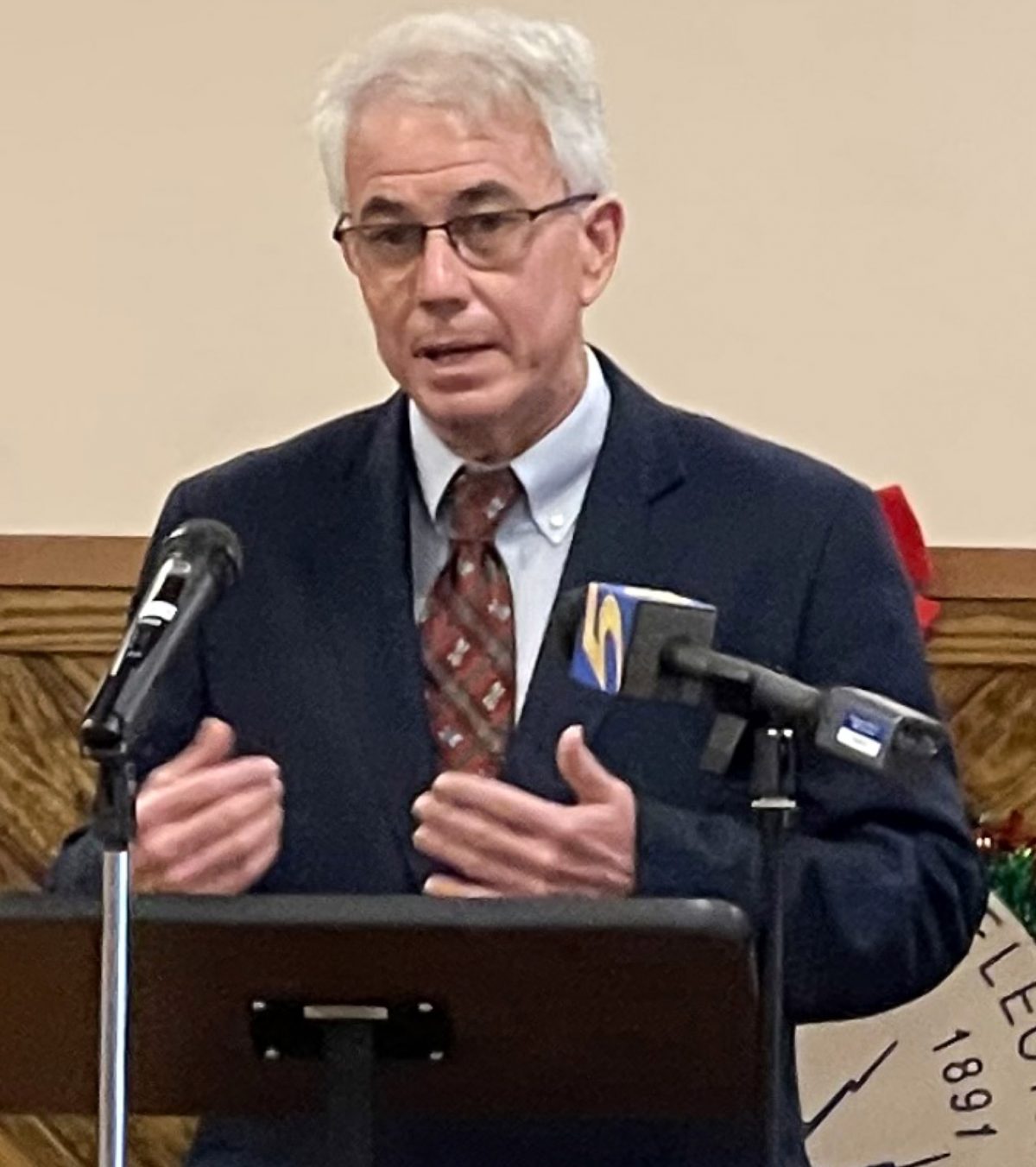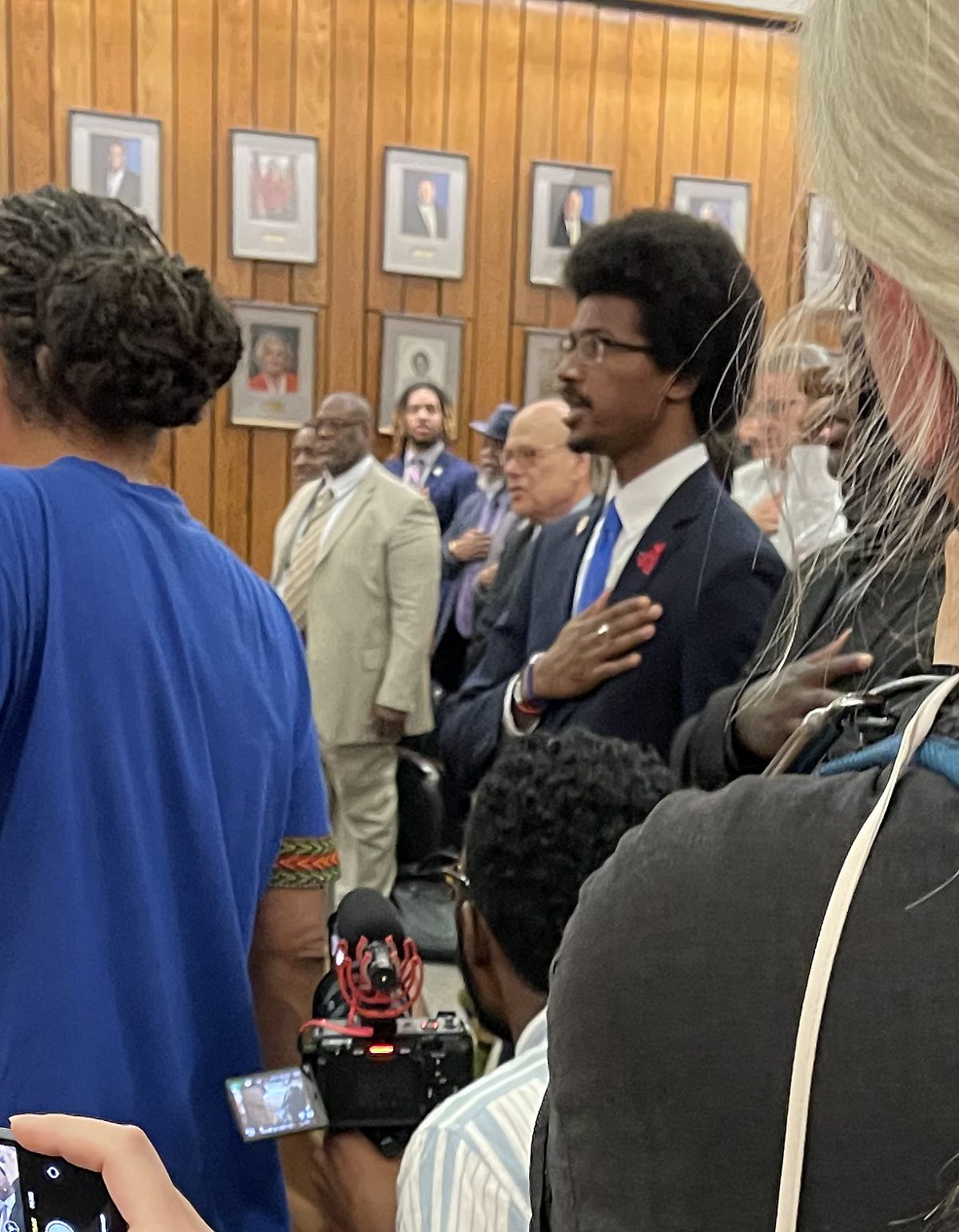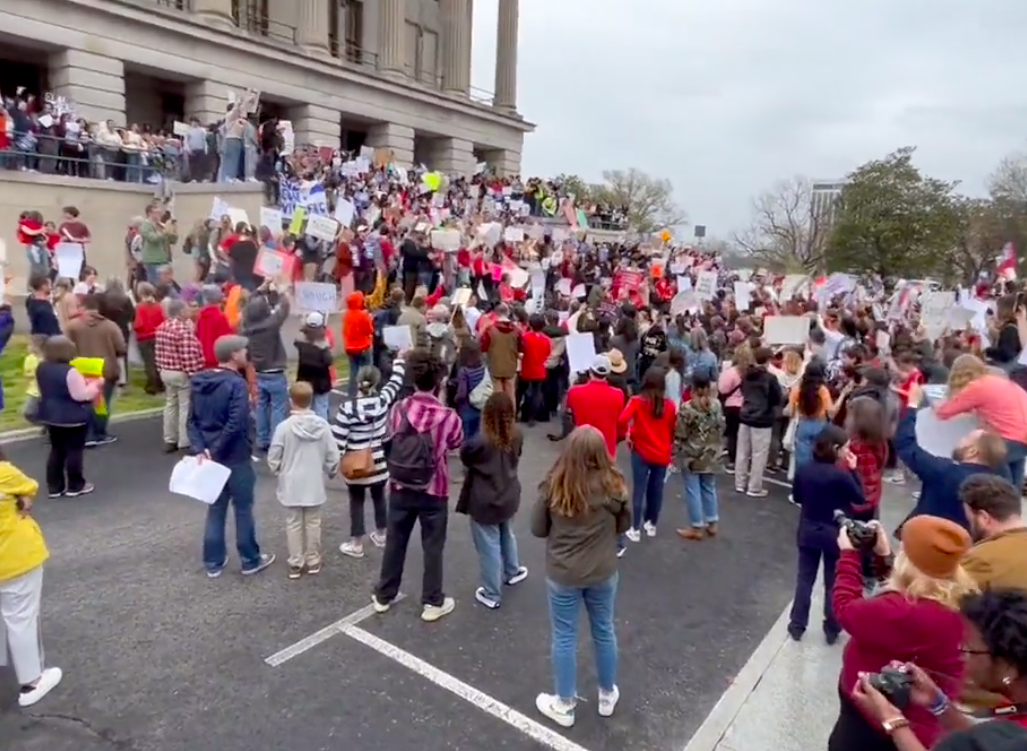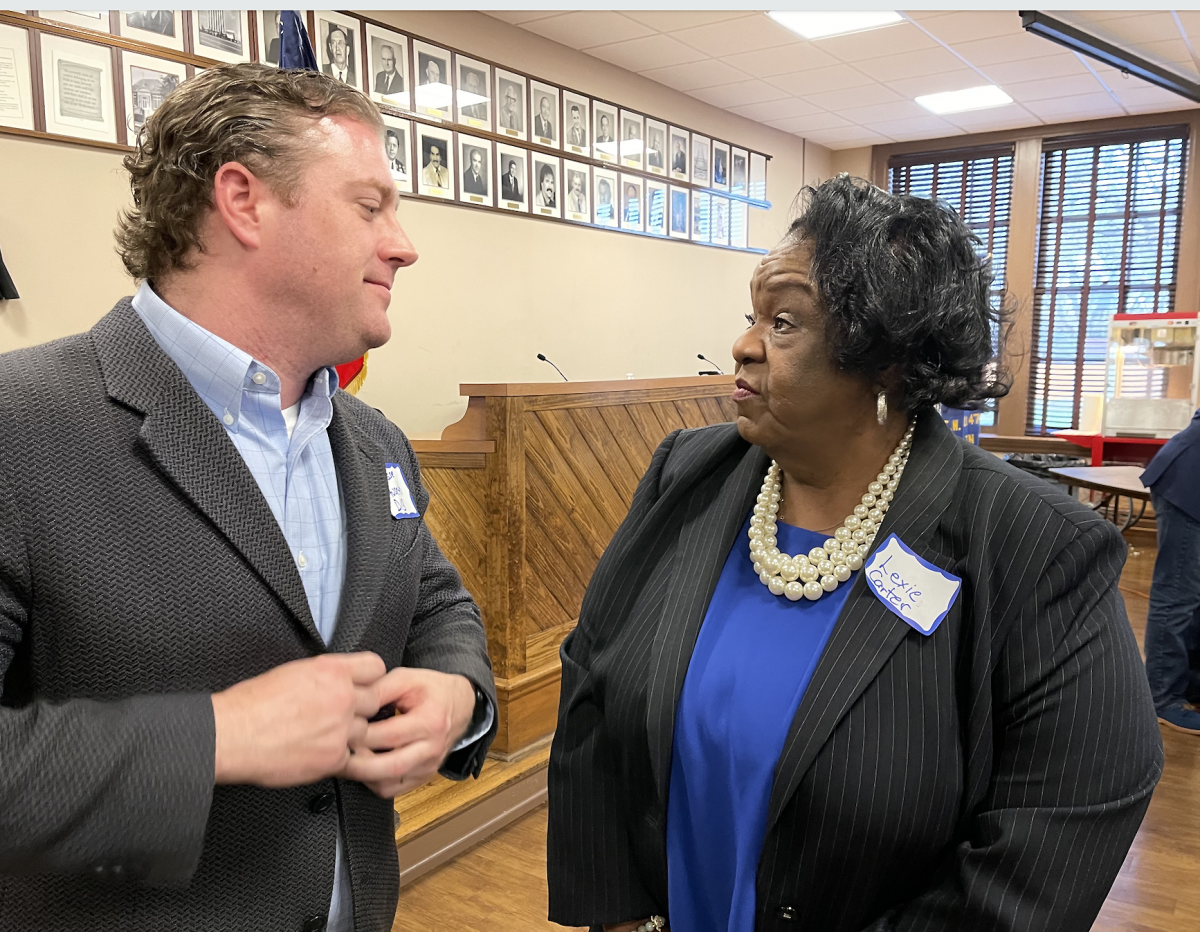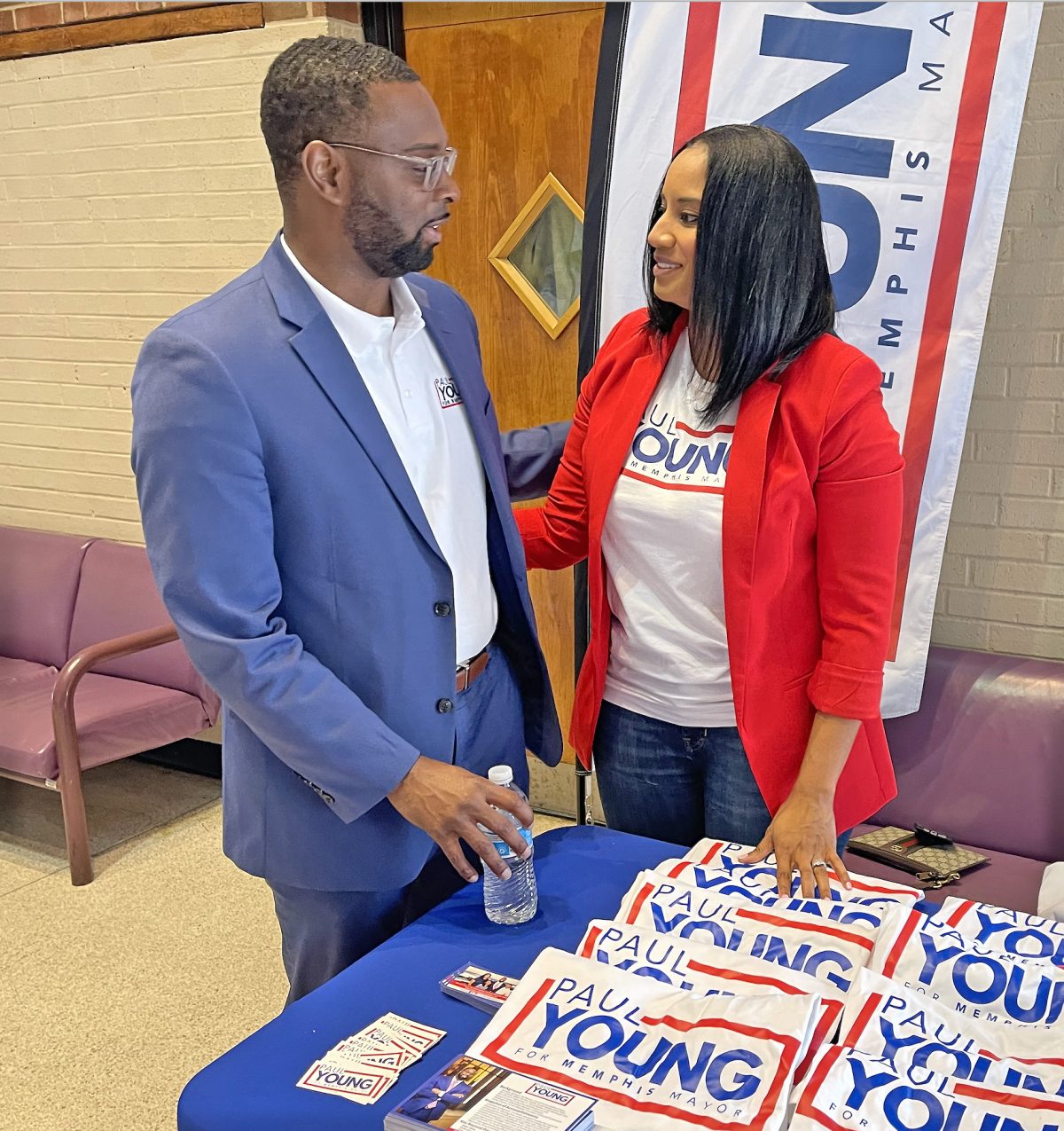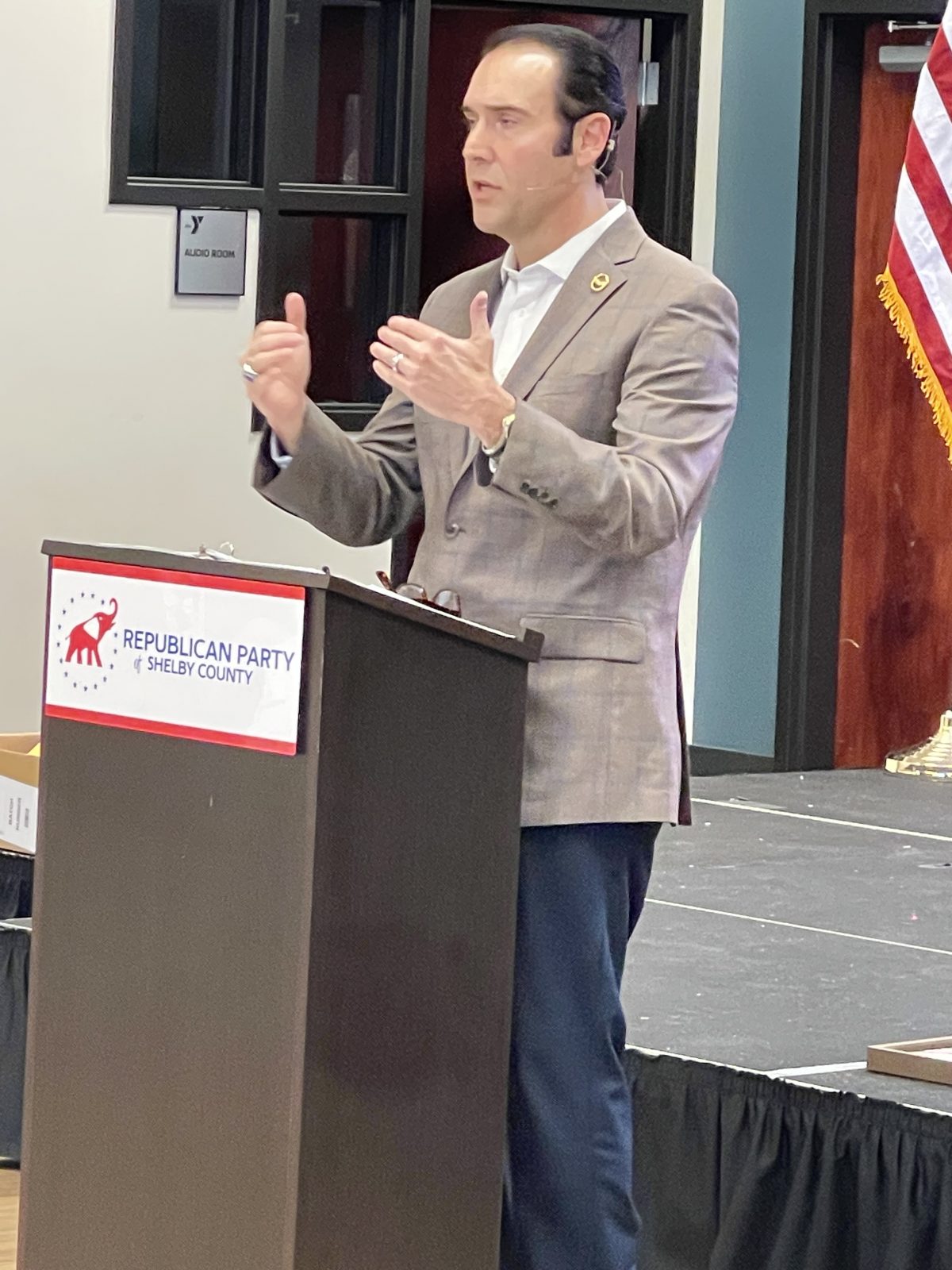In the wake of local gun incidents that have prompted potential emergency action from the Memphis city council, a Vanderbilt University survey demonstrates a favorable attitude statewide for new firearms legislation.
The semiannual Vanderbilt Poll, released on Wednesday, finds “significant bipartisan support” for government action on gun control. The poll also indicates support for “basic protections for abortion” and for provision of health care options for the LGBTQ community.
Though Governor Bill Lee has said he intends to call a special session of the General Assembly to consider new gun laws, the legislature adjourned its 2023 session last week without considering such legislation. Meanwhile, the Memphis city council may test the resolve of the Assembly’s Republican supermajority against new laws by passing its own gun ordinances.
The council’s action, signaled by Councilman Jeff Warren, is in response to the shooting of two people on Beale Street over the weekend, followed by a disturbed young gunman’s firing a round on Tuesday into the studio space of Fox-13 television.
The council will apparently consider action for a red-flag law, for banning assault weapons locally, and to require gun-carry permits. If it does so, it will challenge state government’s increasing emphasis on curtailing local options.
However the state might respond officially, its citizens would find such action agreeable, according to the Vanderbilt Poll.
The survey, conducted April 19-23 among 1,003 registered Tennessee voters, shows that 82 percent of those polled support Gov. Lee’s recent executive order on gun background checks, and that three-quarters of them desire “red flag” laws to that end.
Support for the governor’s executive order, issued in response to the recent Covenant School shootings in Nashville, which killed six people, was 81 percent among self-described non-MAGA Republicans, 91 percent among Democrats, and 78 percent among independents.
The survey indicates that gun control ranked as the third-most important issue on the minds of Tennesseans, just two percentage points behind education and three points behind the economy.
On abortion, 82 percent of those surveyed supported the right of abortion in cases of rape, incest, or threats to the life of the mother.
Further, says a summary of poll results, “At a rate of 3 to 1, Tennesseans oppose the idea that a person should be charged with a crime if they help a Tennessee citizen get an abortion in another state. Opposition to this idea is again bipartisan, with 93 percent of Democrats, 82 percent of Independents, 62 percent of non-MAGA Republicans and 53 percent of MAGA Republicans.”
And, though the survey indicates sentiment to control sexually suggestive entertainments in public, apparently including drag shows, “most voters oppose legislation that would restrict transgender individuals’ access to health care.” Such restrictions were opposed by 66 percent of those surveyed.
“It’s hopeful that while 58 percent of respondents view Tennesseans as divided, there is a fairly strong agreement on basic next steps in our most politically divisive issues,” said John Geer, co-director of the Vanderbilt Poll and Ginny and Conner Searcy Dean of the College of Arts and Science and professor of political science at Vanderbilt University. “At the same time, 74 percent of registered voters say they’d prefer their elected leaders compromise across the aisle rather than strictly pursue their own values and priorities.”
